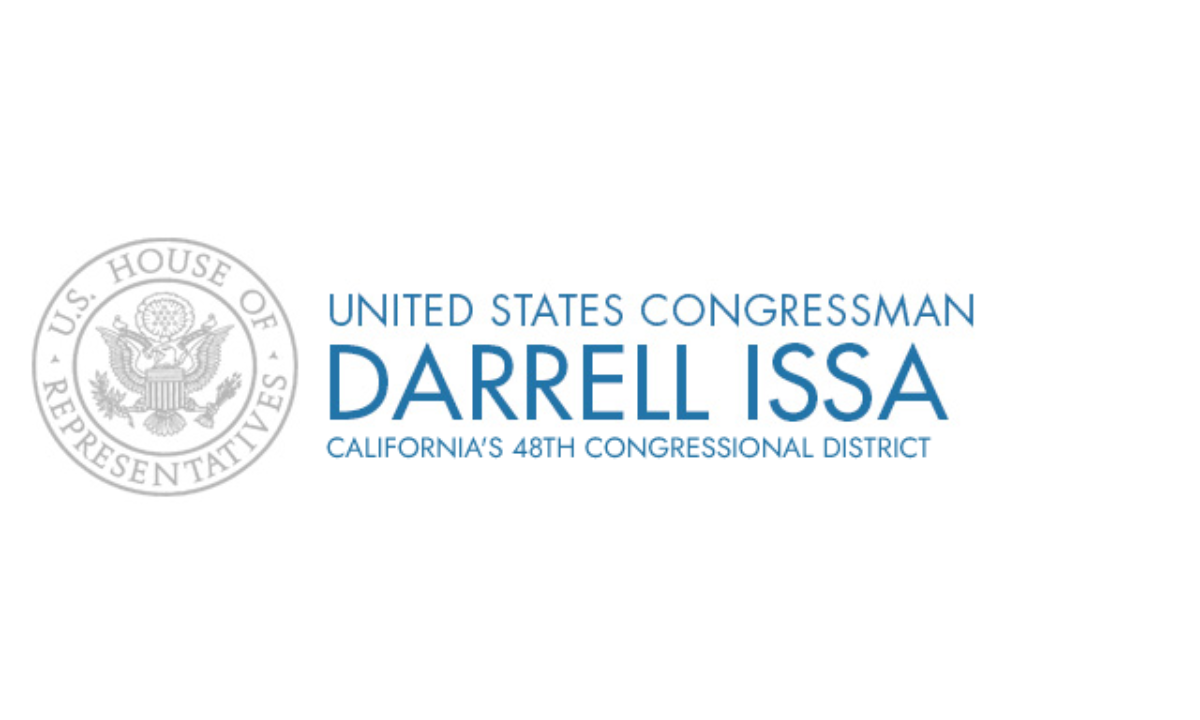Washington – Congressman Darrell Issa (CA-48) submitted direct and specific questions for the record (QFR) to address troubling concerns with the widespread research collaboration between the United States and the People’s Republic of China. Issa forwarded the queries following last week’s House Science, Space, and Technology Committee research security hearing entitled “Examining Federal Science Agency Actions to Secure the U.S. Science and Technology Enterprise.”
“Our longstanding, broad-based science and technology collaboration with the PRC has failed to further our national interests and has instead promoted the advantage of our top global competitor,” Rep Issa said. “The United States has no use for a partnership where technology shared means technology stolen, and that’s why we need answers before we continue this one-sided relationship, worsen national security risks, and exacerbate the negative consequences resulting from the exploitation of both our legal system and innovators.”
An excerpt of Congressman Issa’s QFR:
- For decades, the United States has pursued broad-based research science and technology collaboration with the People’s Republic of China, especially between academic institutions in the United States with China’s universities.
- To what extent does the United States rely upon the PRC’s research and development apparatus for our scientific advancement?
- Do your agencies assess if this broad-based cooperation continues to be in the United States’ interest? If so, why?
- Are benefits derived from such broad-based cooperation reciprocal to both the United States and the PRC?
- Fundamental research has long been exempt from export controls. Despite significant advances in our understanding of the Chinese Communist Party’s technological ambitions and strategy, this policy has yet to be revisited.
- Do you believe the time has come to reevaluate National Security Decision Directive 189?
- Do your agencies assess that fundamental research is necessary for the People’s Republic to achieve the goals of its China Made in China 2025 industrial policy?
- Do your agencies assess that basic research collaboration and knowledge transfer of fundamental research support People’s Liberation Army modernization?
- Can you describe the benefits that would result from stemming the flow of basic research to the PRC?
- Since the China Initiative’s termination, have any of your agencies experienced a shift in the willingness or ability of the Justice Department to pursue criminal cases related to research security violations and intellectual property theft from China?
The full QFR document can be found here.
Darrell Issa is the Representative of California’s 48th Congressional District. The District encompasses the central and eastern parts of San Diego County and a portion of Riverside County, including the communities of Fallbrook, Valley Center, Ramona, Escondido, Santee, Lakeside, Poway, Temecula, Murrieta, and the mountain and desert areas of the San Diego-Imperial County line. Issa served as the Chairman of the House Committee on Oversight and Government Reform from 2011-2015.




